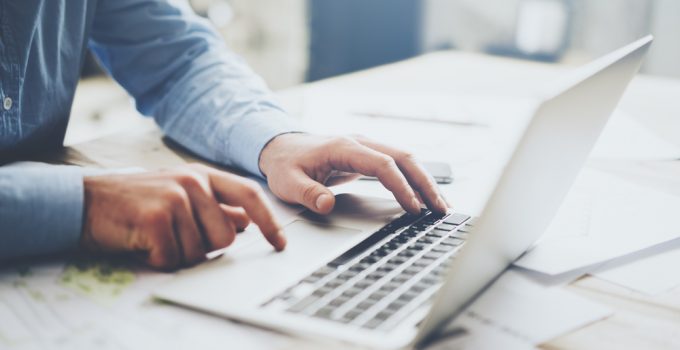Security is a key concern of every device. The girth of issues it prevents makes it exceptionally important. The intrusions from both the internet and local networks can cause malfunctions that damage files, cause malfunctions of laptops, or steal information. Your business can especially suffer from these intrusions and as such it’s paramount that you secure the laptop you are using for it. And if you want to learn more of how you can keep your PC safe and find similar guides to this, visit bestpctips.com
Utilize passwords well
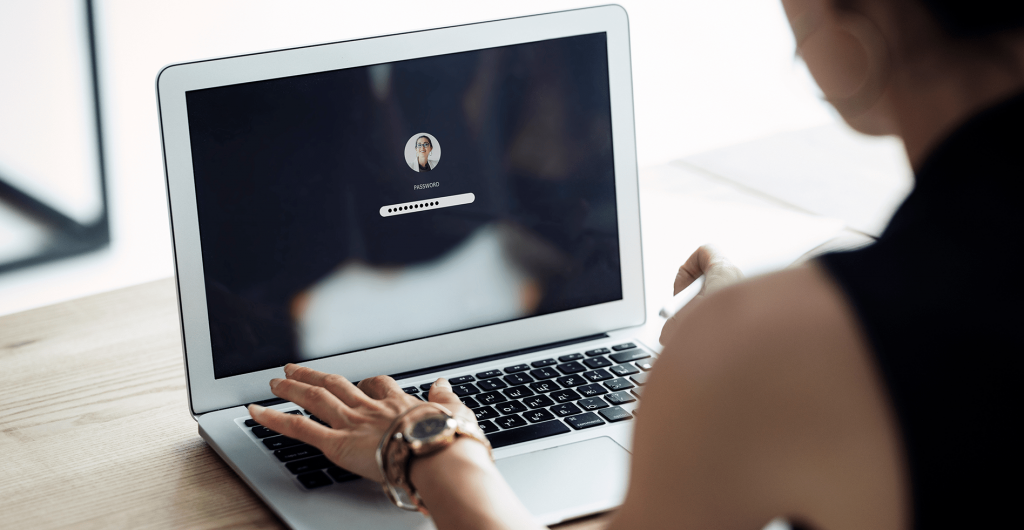
Source: technology-solved.com
Passwords are a pretty standard way of securing your information. They are utilized along a wide spectrum of devices. It’s no different for laptops, especially ones you may use for work. The password can be set on a multitude of job-oriented software. The first point where this restriction can be utilized is the login screen. Preventing access to your laptop completely is a good way to exclude anybody who shouldn’t have access to it, keeping your business information safe. Make sure to keep the password simple enough to remember but complex enough that it can’t be easily guessed. This type of protection is additionally useful if you frequently use the business laptop in a public setting.
Any e-mail or website account you have should be properly secured with diverse passwords. The services that you subscribe to should also their unique passwords, making the damage of each security breach localized to the service where the breach happened. Using the same password for multiple accounts isn’t too bad but if you are using the same password for all of them it’ll make the files a lot less safe due to hackers and other dangers needing to figure out only one combination to get access to all of your information.
Update your programs
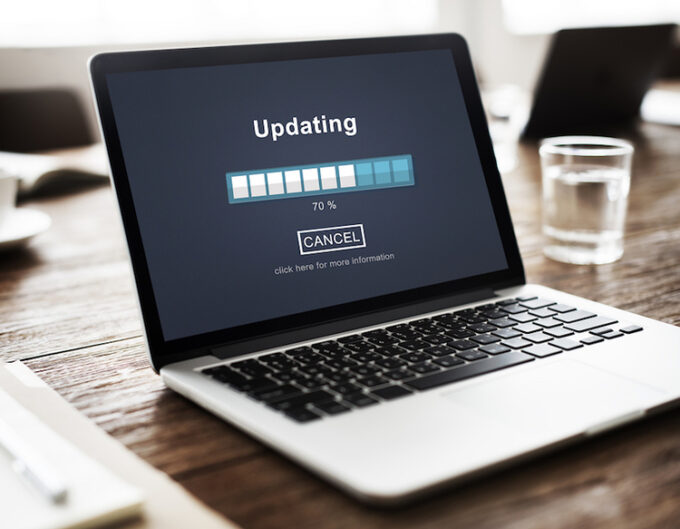
Source: pro-tools-expert.com
It’s good to keep all of your software fully updated. This is especially important for your antivirus. The antivirus is our first line of defense when it comes to dealing with different types of malware. The attackers it protects us from include botnets, rootkits, keyloggers, spyware, adware, and many other volatile programs. For antivirus to function at its highest capacity constant stream of updates is required. This helps the software detect new malware that may crop up and helps us resolve issues it may induce quickly.
You should also update your browsers and operating system. The current state of the two can affect their interactions with the antivirus. Some antiviruses may not be optimized for work with older versions of an operating system or can’t reach the same amount of efficiency when interacting with a browser due to it being outdated. For the sake of keeping the files on your laptop safe from any cyber attack make sure these items are also properly updated. Doing so will also integrate any additional security measures introduced with new updates, adding to the list of measures you have at your disposal.
Encrypt your information
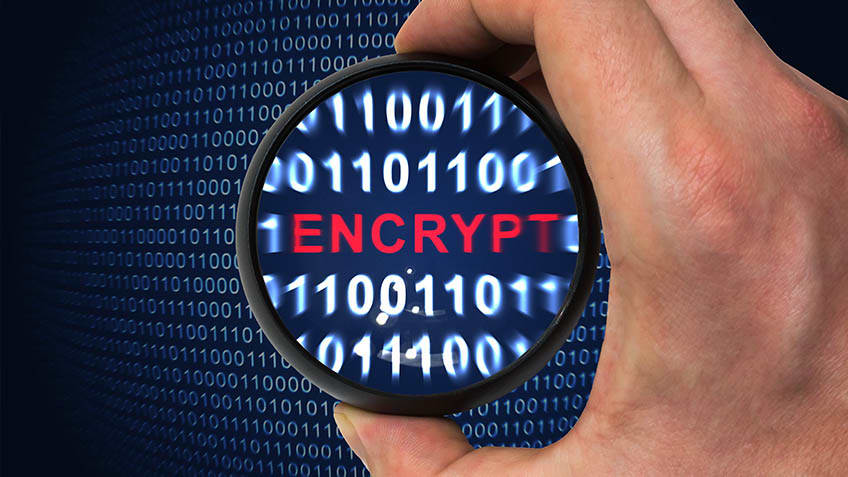
Source: simplilearn.com
Encryption is the strongest degree of security your laptop can have against cyberattacks, unwanted access, theft, and hacking. This method of security converts information into secret code and hides the information’s true meaning. The additional layer of obscurity makes it difficult or completely impossible to read the information located on the hard drive. This depends on how scrambled your data will be with its encryption key. Encryption keys are algorithms we use to properly read encrypted data and are paramount when it comes to computer security.
This step is exceptionally useful if you work with a lot of sensitive data. Having trade secrets on your computer or a list of potential customers won’t feel as nail-bitingly stressful due to said data being properly encrypted and indiscernible to those who aren’t privy to your encryption key. Even more mundane information should be properly secured as nobody likes their files being messed with.
Make a backup of your files
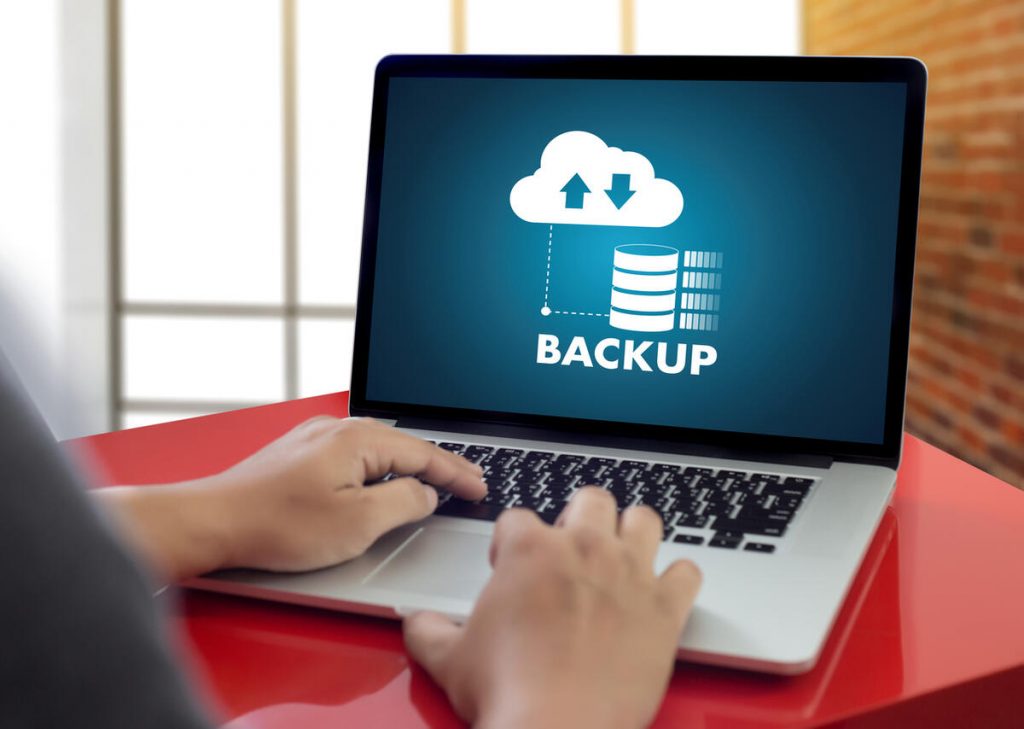
Source: techrepublic.com
Safety and security don’t stop at just maintaining the health of the files. These benefits also extend to the retrieval of any corrupted and broken files. This is why we utilize backups of data frequently, both for business and personal use laptops. The benefits of backup aren’t exclusively those of security either. Uploading our files to a cloud service can be a great way to form on-the-fly access to any important information we may require, even if we don’t have our business laptop with us. It also frees up some space on our computer if said files aren’t frequently utilized while making them easy to fetch if needed.
The backup should also be considered for encryption, as we’ve recommended you do with the hard drive above. While the item has several measures protecting it on the cloud service it doesn’t hurt to make doubly sure it won’t be used without our permission even if a security breach happens. The ability to recover files is important due to it protecting us from system failures and other malfunctions that could endanger data stored on the hard drive. Check this to find information on how to encrypt and secure your data. There are also articles that will help you get informed on the different types of cybersecurity and tools, if the tips laid out before and after this category aren’t enough for you.
Prevent physical damage and theft
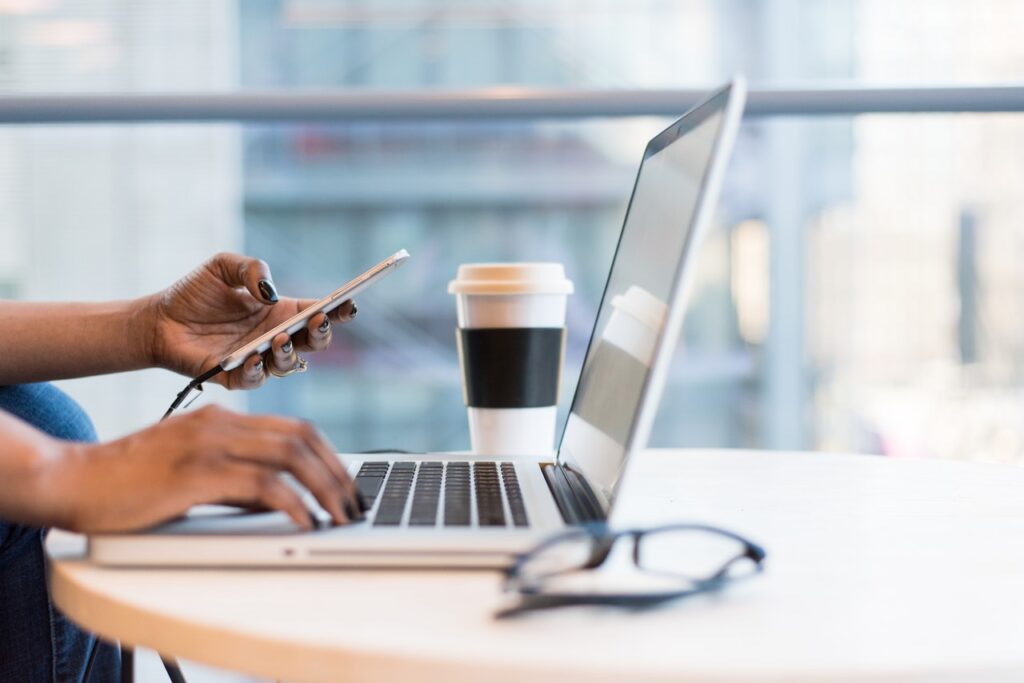
Source: pexels.com
This category is aiming to solve different security problems. Namely, those of the physical side rather than software problems. Physical damage can come in many ways be it water damage, blunt force impact, any number of materials getting stuck in our laptop, and many more. To prevent these it’s advised you keep the laptop inside of a laptop bag whenever it’s not being used. Get a cover for your laptop as well, which you can use to pad the laptop bag for maximum security. Screen covers that prevent scratches and damage are also useful as these can have a knock-on effect on the entire infrastructure.
Laptops are decently expensive devices and as such are targets for theft. This issue can be prevented through simple means such as theft-proof bags, location-tracking software, and lockable cable. Also, if the laptop has already been encrypted you needn’t worry about the files being tampered with while the police are working on retrieving the laptop.
Finishing thoughts
Following these tips should make your business laptop decently safe as they do cover all the most frequent and plausible issues we can encounter. There are a few more ways of protecting yourself such as always keeping your computer network private and utilizing a VPN, both of which can ensure more safety on the web. However, their roles are more additions to an already well-secured device rather than primary defensive measures.
It is always important to understand whether all of your needs are accounted for. If you are unsure whether a certain part of your computer is protected try calling up tech support to inquire about more elaborate details.

